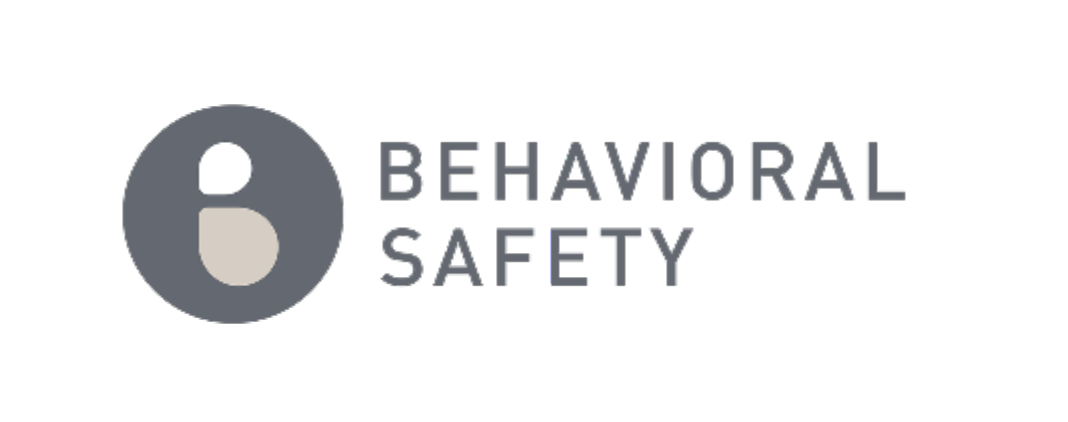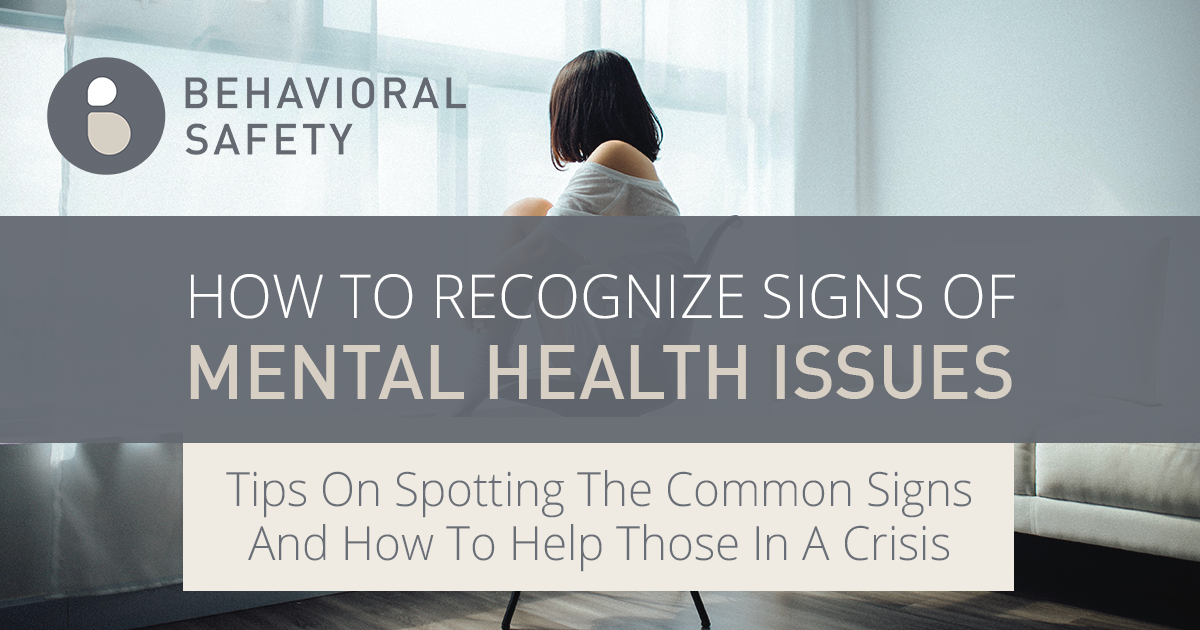How To Recognize Signs of Mental Health Issues
Tips On Spotting The Common Signs And How To Help Those In A Crisis
Did you know that nearly 1 in 5 adults in the United States live with a mental illness? According to the National Institute of Mental Health, as of the year 2019, 51.5 million people in the U.S. alone live with some form of moderate to severe mental health issues.
These staggering statistics should encourage everyone to realize the gravity of these issues and their importance. On average, 1 out of every 5 people in your life is struggling with their mental health.
Mental health is an all-encompassing concept that includes our psychological, emotional, social, and even spiritual well-being. Someone’s mental health can affect how they think, how they handle situations, how they make critical choices, how they socialize with others, and how they feel.
Types of Mental Health Issues
Mental health issues can be sourced from many factors, such as biology (the chemistry of the body/brain), experiences (abuse, trauma, life events), injury or medical condition (brain impact or cancer), the use of alcohol or drugs, or a family history (genetics).
Some of the most common types of mental health disorders or illnesses include:
- Mood Disorders (such as depression, bipolar, panic, and others)
- Anxiety Disorders (such as obsessive compulsive disorder, phobias, and others)
- Eating Disorders (anorexia, bulimia, and others)
- Personality Disorders (anti-social, borderline, paranoia, and others)
- Psychotic Disorders (schizophrenia, hallucinations, and others)
- Post-Traumatic Stress Disorder (PTSD)
A main reason many of these mental health issues or illnesses go untreated is due to a lack of awareness of the signs in others or yourself. Knowing how to spot the common signs of mental illness can help someone potentially save a life by getting someone the help that they need.
Common Signs of Mental Health Issues
- An enhanced sense of anxiety, worry, nervousness, panic, or fear
- Lack or excess of sleep
- Having a hard time getting out of bed or leaving the house
- Feeling extremely sad, low, or unmotivated
- Frequent mood swings or changes
- Overusing drugs or alcohol
- A sudden change in school or work performance
- Social withdrawal, social anxiety, or isolation from others
- Unusual behavior that feels out of normal character
- Excessively lashing out at family, friends, partners, or loved ones
- Confusion, disorientation, delusions, paranoia, or hallucinations
- Change in eating habits, such as overeating or undereating
- Feeling of hopelessness or helplessness
- Sporadic, frequent, or constant suicidal thoughts
- Attempting to harm oneself (minor or major harm)
An extremely important aspect of mental health is to not self-diagnose or diagnose a loved one without the expertise of a mental health professional. If something goes untreated or treated improperly due to a false assumption, it could be dangerous for that person’s health.
How To Get Help
If you or someone you know is struggling with mental health issues, know you are not alone in this. There are so many resources available to you. One place to begin is The National Alliance on Mental Health, who has a Help Line with a set of resources ready to support those struggling.
If you are in need of help, call the NAMI Helpline at 800-950-NAMI or text “NAMI” to 741741. You can also call the National Suicide Prevention Lifeline at 1-800-272-8255 or call 911 for any and all emergencies.
Behavioral Safety Products’ Mission
Mental health is important, and it is a large part of why we do what we do at Behavioral Safety Products. Our products are designed to prevent suicide from those who are at risk with their mental health, specifically for behavioral healthcare, hospital, or institutional settings. By creating products that deter any ligature point or chance of self-harm, it reinforces our unwavering commitment to the safety and humanity of patients’ lives.
Our passion is to save patients’ lives while improving the quality of their environment. We do this by working daily with facilities and their designers to provide the highest levels of experience and knowledge as new safety issues arise. With a foundation of over 45 years of field experience, we specialize in the design of exclusive ligature-resistant building products, such as sinks, shower panels, faucets, grab bars, and so many more that are at the forefront of the behavioral healthcare industry to aid in suicide prevention. It is our goal to furnish our customers with quality products and excellent service.
To learn more about our products and our mission, contact us at https://besafeprod.com/contact/.
If you or someone you know is contemplating suicide, contact the National Suicide Prevention Lifeline 800-273-8255 or visit https://suicidepreventionlifeline.org/
Resources:
American Psychiatric Association
The National Alliance on Mental Health

